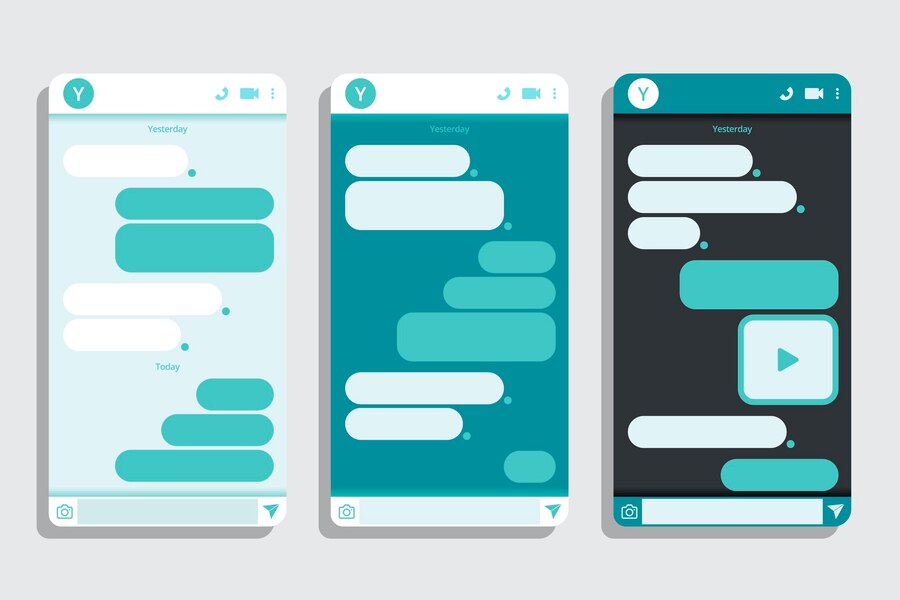How Retail CRM Software Can Accelerate Leads, Opportunities, and Sales
-
May 27, 2022
-
5 min read

A customer relationship management system, or CRM, is designed to manage, identify and track consumer needs and behaviour. It lets businesses analyse marketing strategies that work and put new ones in place.
In the retail sector, CRM is even more important nowadays. Online shopping is increasing by leaps and bounds. According to one estimate, worldwide e-commerce sales will reach USD 5 trillion in 2022 and USD 6 trillion by 2024. In this scenario, retail CRM software can help efficiently create new customers and retain them in the long run.
To explain how the retail sector can take advantage of CRM insights, we’re going to cover:
- What is CRM in Retail?
- How does CRM help Retail?
- How to choose Retail CRM Software?
After all, building good relationships with customers is the key to success. This is true for any business, especially retail.
What is CRM in Retail?
When it comes to online and offline shopping, customer experience is now recognised as a critical parameter for enhancing the sale. Recent research shows that 80% of consumers are more likely to make a purchase when they are offered personalised experiences.
The right retail CRM software makes such experiences possible. It should be able to:
- collect segmented information about customers and prospects
- track customer interactions from intent to purchase
- spot new opportunities for sales
- identify service requests and issues
- provide data-based insights to create and fine-tune marketing strategies
All this should be available in one central dashboard. It should be streamlined so that relevant customer information is available to any department that needs it. In this way, retail CRM provides consumer insights to make personalised experiences possible. This extends across online and offline touch-points.
The activities that can be enhanced are CX, or customer experience, along with loyalty programs, promotions, and after-sale services. Relationships can be developed at all stages of the sales funnel.
For larger retailers, CRM can also help address supply chain and inventory issues. Demand and supply projections can be seamlessly integrated with information from vendors, warehouses, and transport companies. Backroom logistics become much simpler with the right CRM.
In today’s hyper-competitive and always-online environment, retail CRM can be a trump card. It can centralise, optimise and streamline activities to better understand consumer preferences, leading to more sales, increased loyalty, and higher retention. Let’s explore this in a little more detail.
How does CRM help Retail?
As we’ve pointed out, retail CRM software can be a key driver of strong consumer relationships as well as backroom efficiencies. There are five broad ways in which this can be an advantage.
Reliable and Integrated Data
CRM puts data at the heart of effective business decisions. For retailers, such data can come from many sources. Among them are e-commerce and other websites, social media, apps, in-store touchpoints, and sales. A CRM platform for retail can collate, organise, and interpret all this data on a single dashboard. This makes it simpler to analyse and act upon.
Segmentation and Personalisation
CRM allows you to create consumer categories based on intent, repeat purchases, and the number of purchases. Other filters include age and location. With such segments, retailers can create nuanced marketing campaigns for a more significant impact. E-mail marketing can be personalised and promotions are aimed at the right targets. These customised solutions enhance the consumer experience.
Improved Customer Service
A good customer service experience can make a world of difference to a customer. With retail CRM, you can efficiently handle complaints to establish better relationships. Many aspects of customer service can be automated, saving valuable time. With a better knowledge of consumers, service issues can also be anticipated and necessary measures can be carried out.
OmniChannel Experience
Increasingly, consumers are using multiple touchpoints to interact with brands. They expect consistency and convenience across all these channels. Retailers can satisfy these needs with an omnichannel strategy. Typically, this involves a mix of e-mail, push notifications, in-app messaging, social media, and live chat. With CRM, an integrated platform can assign content, create online posts, craft e-mail messages, and so on, making it a truly unified experience.
Proactive Measures
The CRM dashboard data is often a good way of predicting future trends and preparing for them. If there are dips in the purchase cycle, these can be analysed and accounted for. Rising consumer interest in certain products can lead to inventory and supply-chain modifications. If there are persistent service issues, they can be rectified. Marketing, sales, and other teams can be aligned to focus their efforts in a single direction.
How to choose Retail CRM Software?
Retailers have special needs when it comes to understanding customers. Retail CRM software should take these into account. For example, for B2B CRM platforms, long sales cycles and multiple stakeholders are considered. For retail, on the other hand, CRM software needs to handle larger volumes of data in real-time.
Here are some factors to keep in mind when deciding which retail CRM software will be best for you.
- It should be able to collect data and reveal consumer insights across channels with ease.
- The data should be broken down in a variety of ways: purchase history, age, location, returns, offline behaviour, and so on.
- The platform should enable the creation of consumer personas as well as sales funnel mapping for effective personalisation.
- In many cases, it’s helpful if the platform captures pricing information. This can range from the effect of discounts and promotions to differentials between online and in-store pricing.
- To enable greater automation, retail CRM software can also include customisable templates across channels. These could be e-mails, social media posts, text messages and more.
- CRM platforms that are cloud-based are more scalable and seamless. They tend to be more robust and secure, with built-in safeguards for data protection and privacy.
 Share
Share









